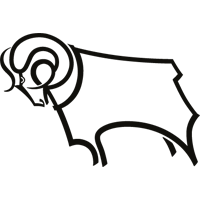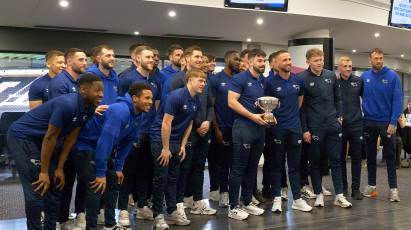The late Jim Smith’s tenure as Derby County manager in the late 1990s and early 2000s is a period in the club’s history which remains affectionately remembered by supporters.
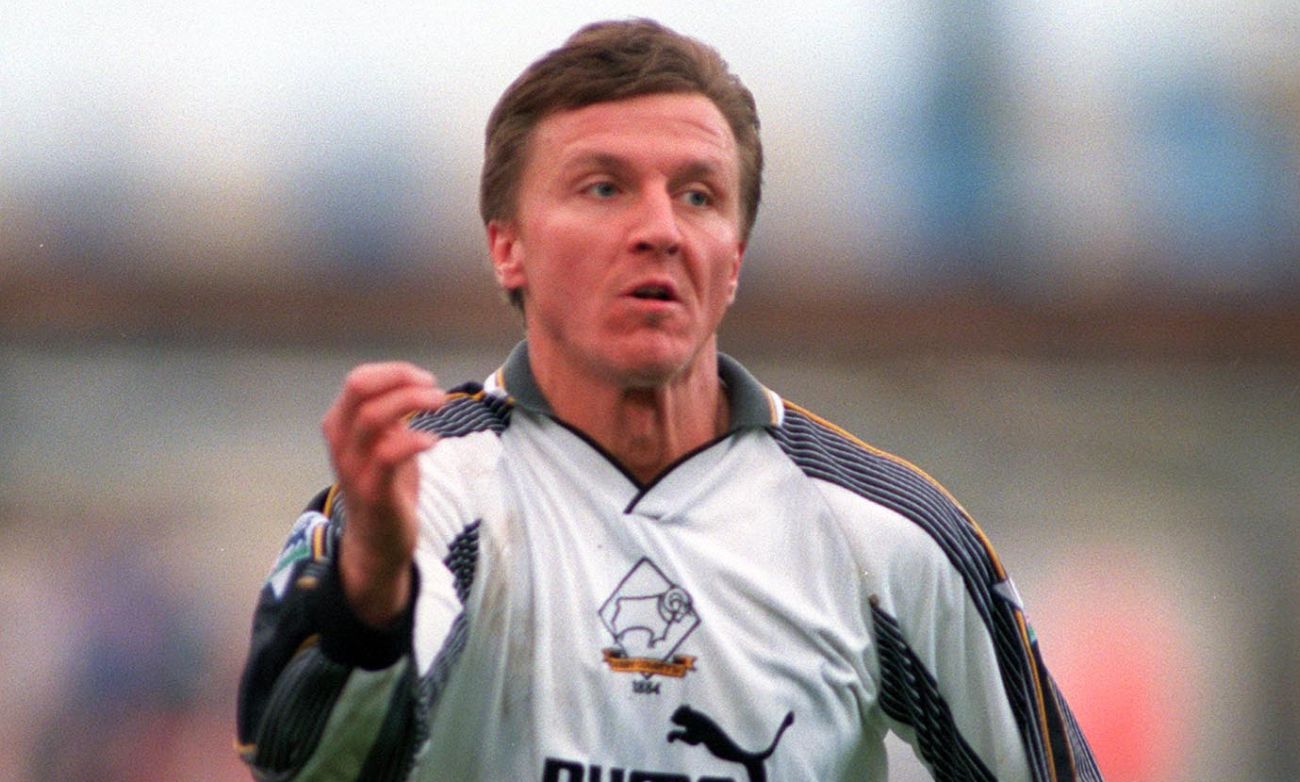
After securing promotion in his first season in charge in 1995/96, Smith went on to establish Derby in the recently formed Premiership between 1996 and 2002.
During his time in the hotseat, Smith added plenty of exciting talent to his squad and several individuals that can be regarded as cult heroes amongst the Derby faithful.
Paulo Wanchope, Mart Poom, Igor Stimac, Aljosa Asanovic, Francesco Baiano and Stefano Eranio are just some of the names that spring to mind and flow off the tongue from that era.
One of the more understated signings of the Bald Eagle’s time in charge of the Rams, however, was Jacob Laursen.
The Danish international defender joined Derby following their promotion to the top-flight in the summer of 1996, following the UEFA European Championships, from Silkeborg IF in his homeland in a deal reported to be worth up to £500,000.
He went on to be a great servant for Derby, proving to be a bargain of a signing, and he made 137 Premier League appearances over four seasons and 153 across all competitions.
He appeared for Denmark at the 1998 World Cup and was the winner of the Jack Stamps Player of the Year award in the 1998/99 campaign as Derby finished eighth in the top-flight.
Laursen has recently been back in Derby, taking in some local coaching sessions with former Rams midfielder Adam Bolder as well as attending some supporters’ events in the city.
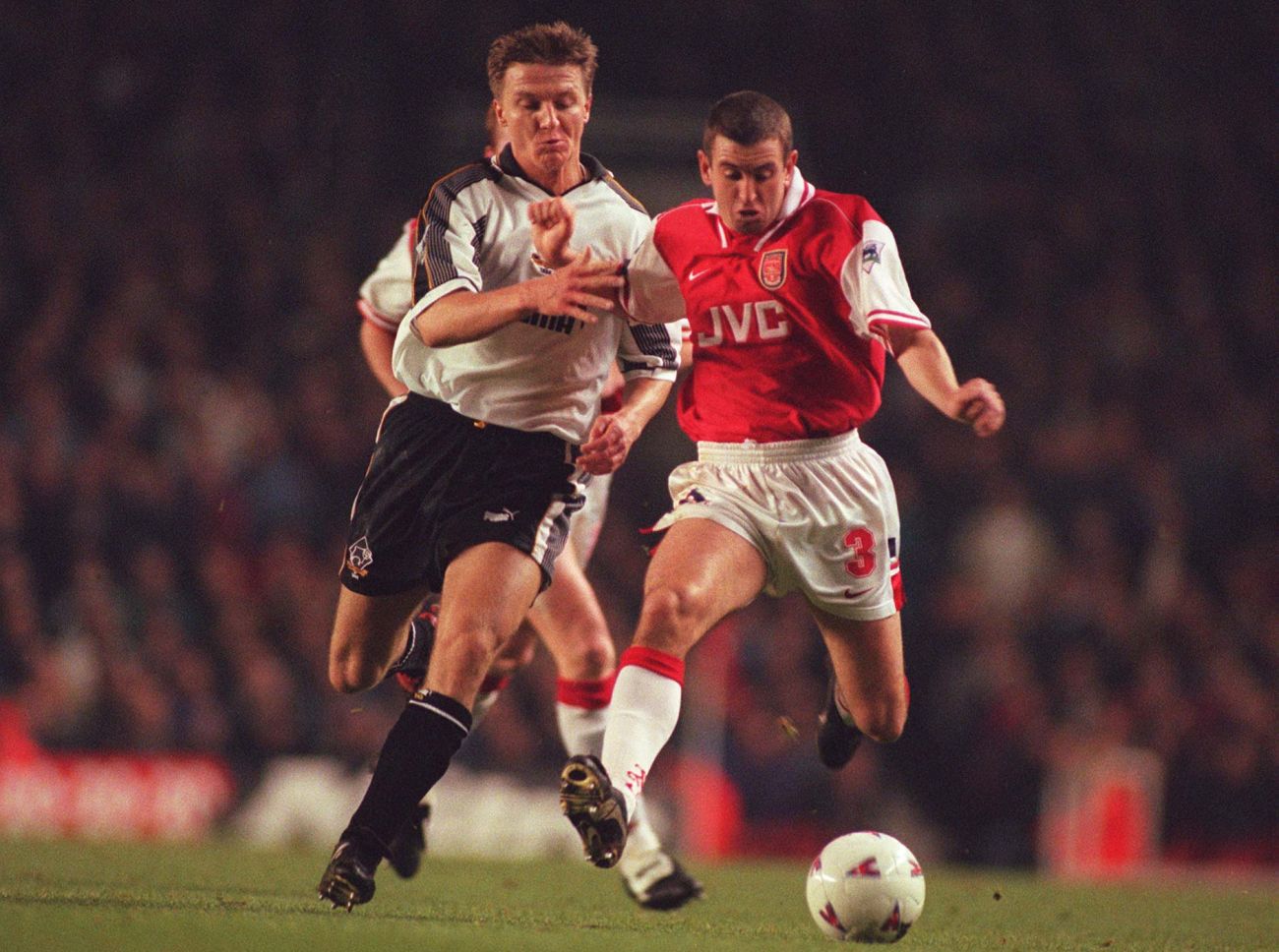
The 49-year-old also took time out to catch up with RamsTV at Pride Park Stadium for the latest instalment of RamsTV Meets to look back on his time in the famous black and white - and he began by revealing his move to Derby had been bubbling away for some time.
Laursen said: “Coming to Derby County in 1996 actually started around eight to ten months before.
“Jim Smith came to watch me when I was playing at Silkeborg IF and he wanted to sign me. We had a good chat and sort of agreed everything there and then.
“Jim called me after Derby had lost a few games early in the season and explained that he was sorry, but he needed to sign a more experienced defender at that moment in time.
“I was only 23 back then. He told me that he really liked me as a player, what I stood for and that he still wanted to bring me to the club. He made it clear that if the team started turning things around that he would come back in for me.
“Derby started winning games, Igor Stimac was signed and they took off. I spoke to Jim again around Christmas time and he said that there was a chance the club could be promoted. If that were to happen, he said he would definitely come back in for me, as long as I stayed at the level I was playing at.”
He added: “I kept producing in my performances and Jim kept his word and came to sign me in the summer of 1996, so by then I had done my research on Derby County. I looked at the history and the stadium, things like that.
“I really wanted to go to England or Italy to play and England was a dream for me.”
His career with the Rams did not get off to the best of starts, though, as he scored an own goal in the thrilling 3-3 draw against Leeds United at the Baseball Ground on his debut on the opening day of the 1996/97 season.
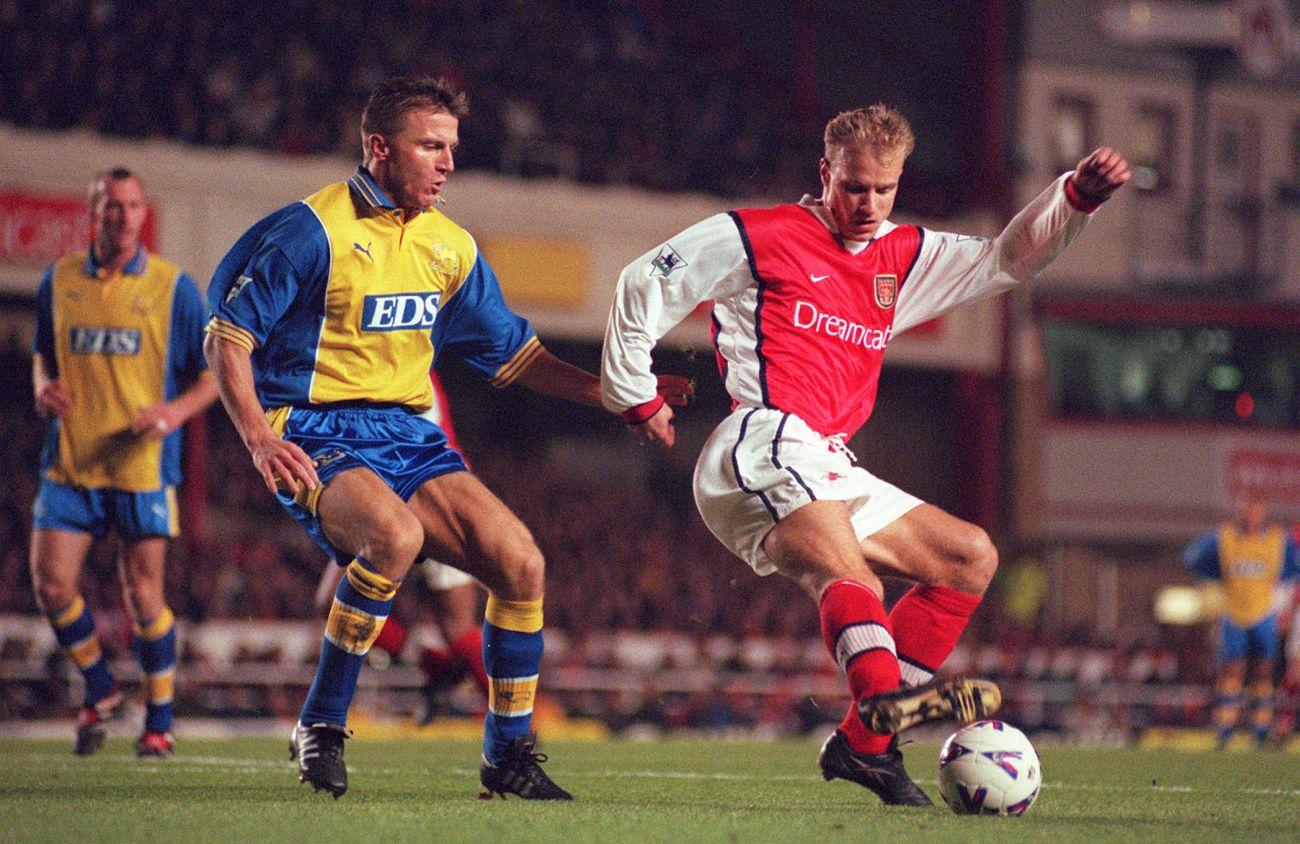
Laursen recovered well in the games that followed - but admits he did not make the best first impression.
“I didn’t have the best of debuts; I should have been sent off after about three seconds for a handball and I scored an own goal too!” he joked.
“I was taken off after about 70-80 minutes, so it wasn’t a great start at all. I managed to settle down and play well in some of the games after that, which helped me.”
Laursen scored just three goals for Derby and his first, on 4th September 1996, was something quite spectacular in a home fixture against Manchester United at the Baseball Ground.
He lashed a free kick from the edge of the penalty area into the top corner, with great power and accuracy, to give Derby the lead against Sir Alex Ferguson’s side.
Ironically, the goal was scored past his fellow Danish international team-mate Peter Schmeichel, who was given no chance as the ball arrowed past the giant goalkeeper.
Laursen’s moment of magic did not prove to be the winner, however, as a stunning strike from David Beckham before half-time earned the Red Devils a share of the spoils in a 1-1 draw.

“Everyone talks about that goal and I have to be honest, it helped me,” Laursen.
“It was important not only to win the fans over but from a personal perspective it gave me confidence and belief that I had arrived in England and playing in the Premiership.
“It was a goal, and a night, that lifted myself and the club.”
On the goal itself, Laursen added: “I thought Manchester United’s defensive wall was a bit far across to the left from where I was shooting from, so I fancied having a go goal.
“Luckily, it went into the top corner and not the top of the stand!”
Another memorable game against Manchester United followed towards the end of the 1996/97 season.
Derby were 3-2 winners at Old Trafford in April 1997 with Wanchope marking his debut with a stunning individual goal.
It was a victory that all-but preserved the Rams’ status in the top tier for another year.

“I remember that game; we were man-marking about eight of their players,” Laursen explained. “I think the only two we didn’t man mark was the centre-backs; we were happy for them to have the ball.
“I had to man-mark Ryan Giggs that day. It was my job to try and stop him that afternoon.
“To win at Old Trafford, you need something special, and we had that from Paulo Wanchope.”
He added: “As a team we would never lie down. We were young, we were hungry, and we wanted to do well. We mutually respected each other as players and appreciated what we could bring to the team.”
Laursen admits his time with Derby holds many special memories.
Despite only playing at the Baseball Ground for one season, he regards the Rams’ former home as the best place he has played at during his playing career.
“I loved it at the Baseball Ground and for me it was the best place that I played at in my career,” Laursen said.
“It was a proper and old English stadium. The fans were just a few yards away from you and you could feel the energy from them, as well as have a bit of banter too.
“In my first year at Derby I played at the Baseball Ground and also Arsenal’s Highbury and Sunderland’s Roker Park, some of the old grounds, and I look back on that year fondly.
“We had a talented team and playing at the Baseball Ground helped us. It was a long and hard season to keep focussed to try and stay in the league. We needed some extra energy at times and the Baseball Ground helped provide that. The pitch wasn’t the best and that probably helped us to get a few points if I am honest.”

Laursen believes moving from the Baseball Ground to Pride Park Stadium in the summer of 1997 allowed the Rams to build on the many positives displayed over the course of the previous 12 months.
Under Smith, Derby built a reputation for being an entertaining side, displaying plenty of attacking flair, and Laursen believes the move to Pride Park was instrumental in the side’s rise during that time.
“When we moved from the Baseball Ground to Pride Park we had to step up as a team and as a club,” Laursen said. “We had more fans wanting to come and see us play and we had to develop and evolve so we weren’t just pushing to survive all the time.
“To do that we needed a bigger and wider pitch to accompany the new players we brought in. Everything worked well for us and in that sense it was perfect.
“We wanted to try and get European football, we knew Derby had it in the 1970s, but I just do not think we were ready at the time.”
He added: “I think when we were safe and had enough points to stay in the league, we perhaps in the back of our minds took our foot off the pedal a bit. I think that is why we did not manage to get European football.
“We had a really strong core group of players that could have played together for many years but offers came in for players that the club felt they couldn’t turn down and they moved on.”

Laursen left Derby in the summer of 2000 to sign for FC Copenhagen, but briefly returned to England in 2002 with Leicester City and also had a loan spell at Wolverhampton Wanderers before returning to Europe to conclude his career.
Laursen has admitted he was close to a return to Pride Park Stadium during the 2001/02 season, but Smith left his position as manager only hours before he was due to return to the club.
He said: “I was about to come back, and I had my bags packed, but Jim Smith was sacked on the day I was due to come over.
“The new manager wanted to bring in his own players, which I understand.”
Laursen’s career saw him rack up well over 400 appearances in club football, as well as claiming 25 caps for Denmark in total.


 3/1 To Win
3/1 To Win